Advanced Renal Cell Carcinoma Roundtables
The panel concludes with future directions in RCC, including HIF inhibitors and biomarker-guided adjuvant strategies.
The panel considers how managing real-world patients on novel therapies like belzutifan presents a multitude of challenges.
The panel explains how the approval of subcutaneous nivo offers advantages in patient convenience and healthcare efficiency.
The panel weighs long-term treatment-free survival with nivo/ipi against the need for disease control with IO-TKI combos.
The panel considers the limitations of ctDNA from low tumor shedding but expresses optimism for detection technology.
The panel weighs the evolving role of biomarkers, particularly the promising blood-based biomarker KIM-1.
The panelists discuss promising new advancements and novel therapies for treating RCC, including LAG-3 and CAR-T therapies.
The panel discusses how designing effective trials could refine the approach to treatment strategies for RCC.
Part 3 of this roundtable examines adjuvant pembrolizumab and the role of TKIs in treatment sequencing for RCC.
The panelists examine the data on TKIs and immunotherapy for RCC from the TiNivo-2 trial.
Part 1 of this roundtable examines the key differences between the CONTACT-03 and TiNivo-2 trials.
In the final part of this roundtable series, the panelists share their thoughts on the most anticipated upcoming trials.
In the fifth segment of this roundtable, the panelists discuss the challenges and barriers of ipi-nivo therapy.
The fourth segment of this roundtable series focuses on the potential benefits of subcutaneous nivolumab versus IV nivolumab.
The third segment of this roundtable focuses on key treatment endpoints when deciding between IO-IO and IO-TKI regimens.
The panel delves into the utility of sarcomatoid features, PD-L1 status, and emerging biomarkers like KIM 1 and ctDNA.
An expert panel debates the latest strategies for optimizing first-line treatment for advanced renal cell carcinoma.
Advertisement

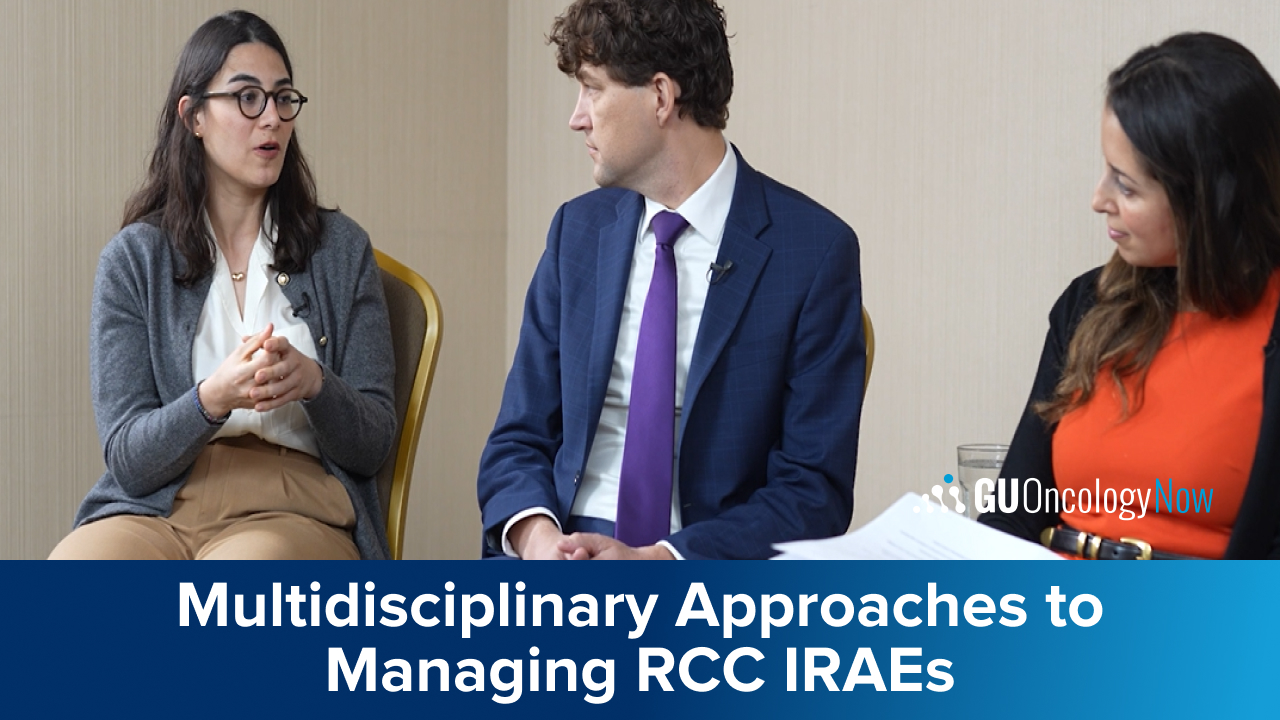
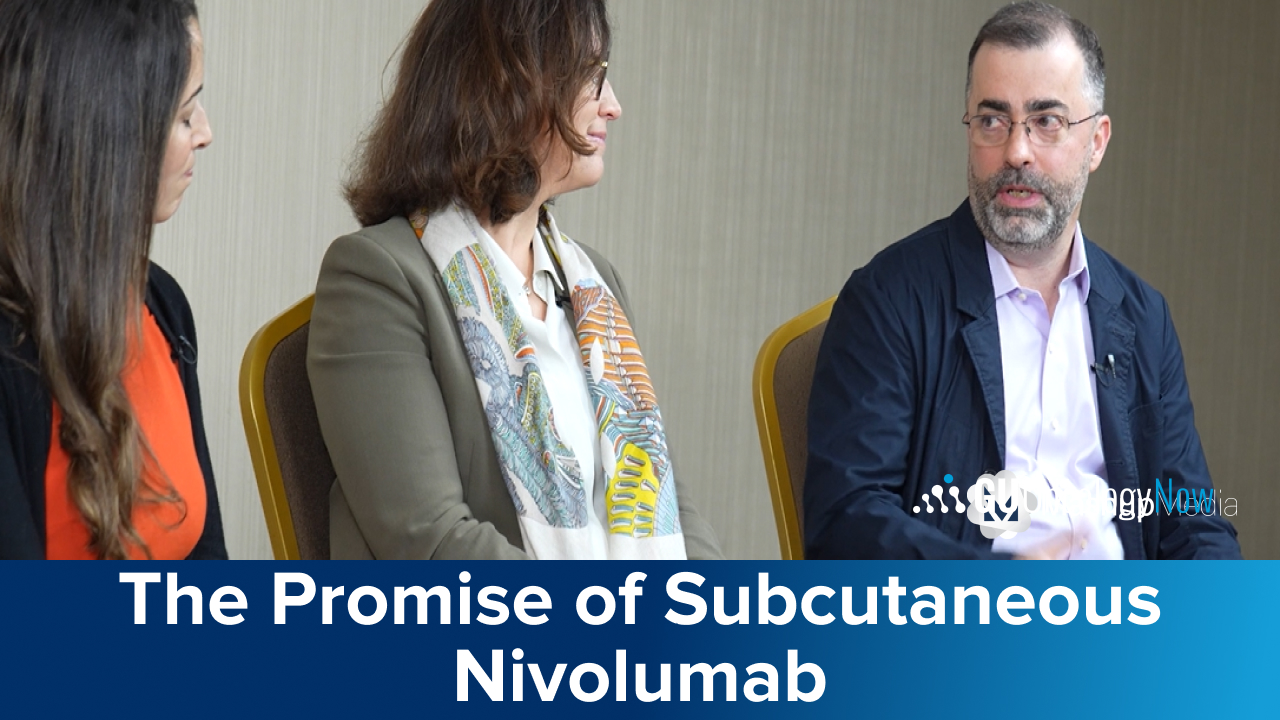

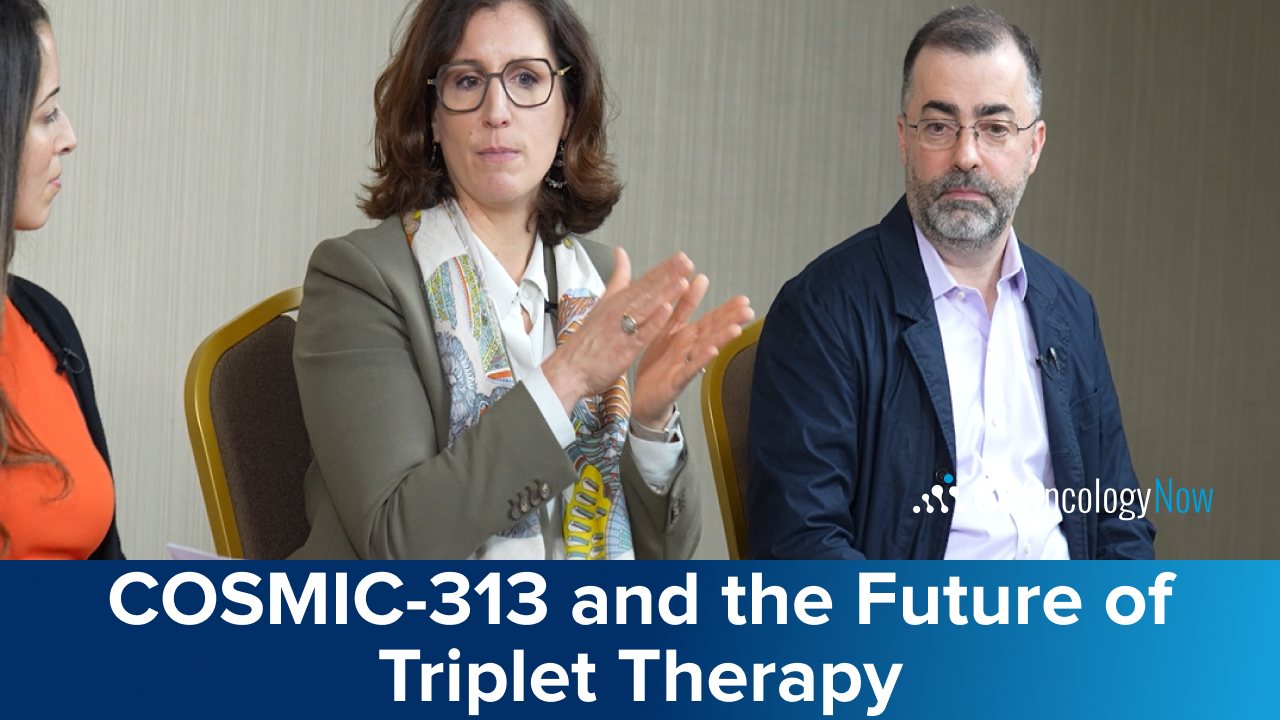




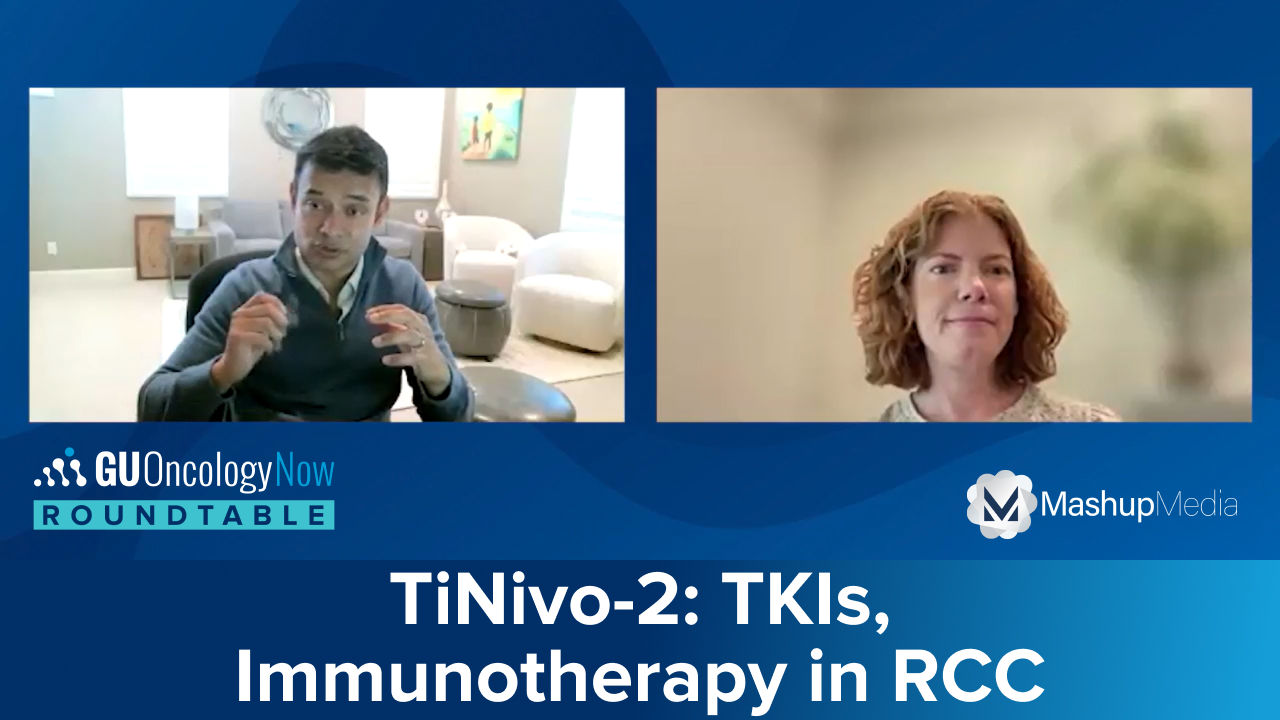

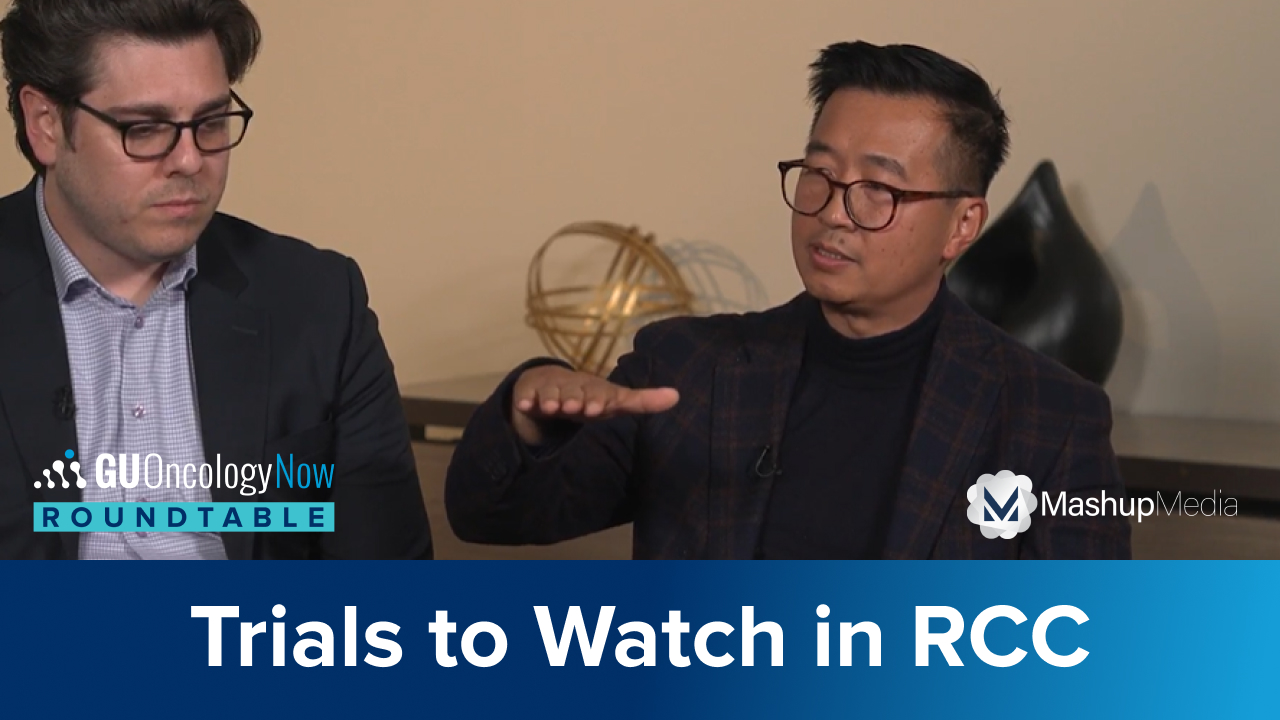

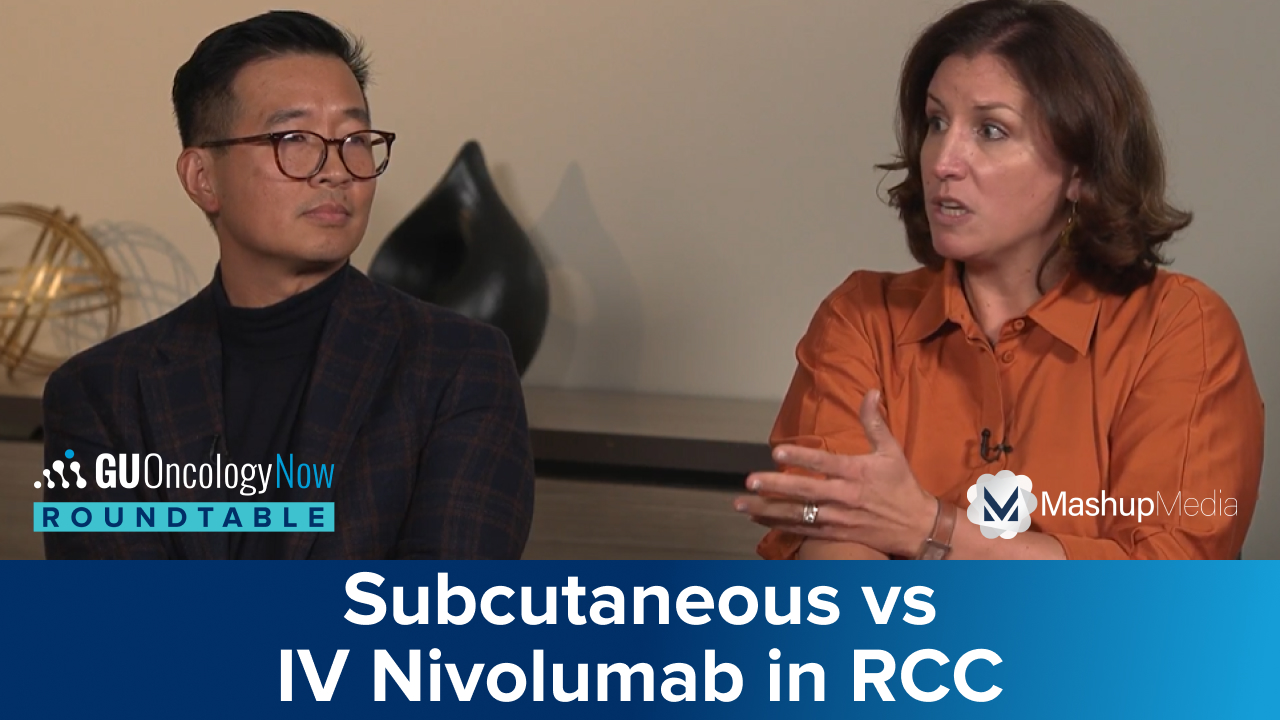
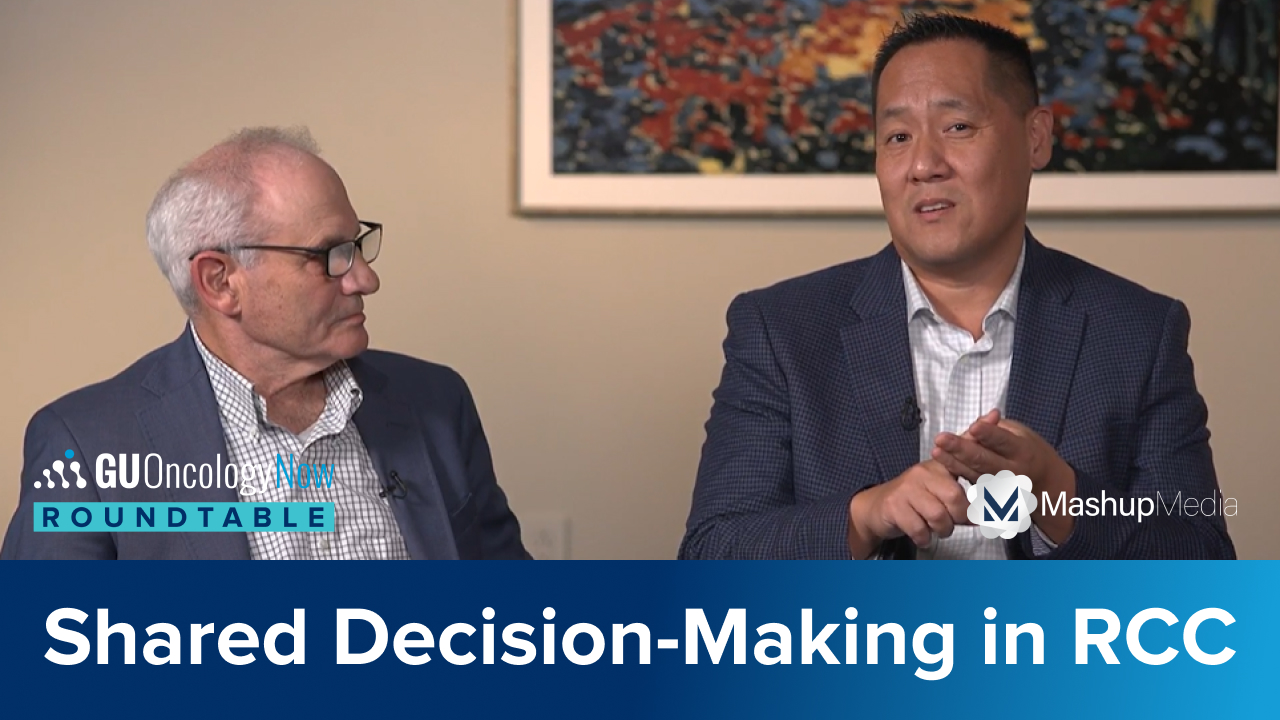
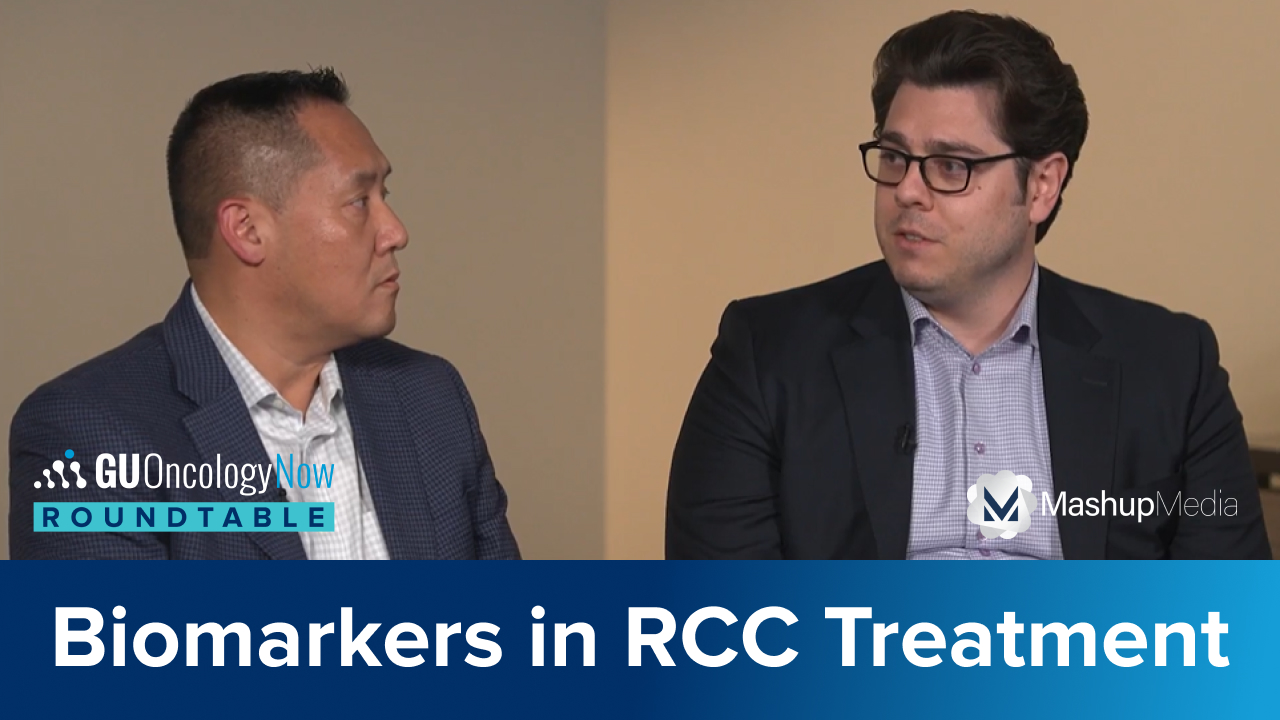
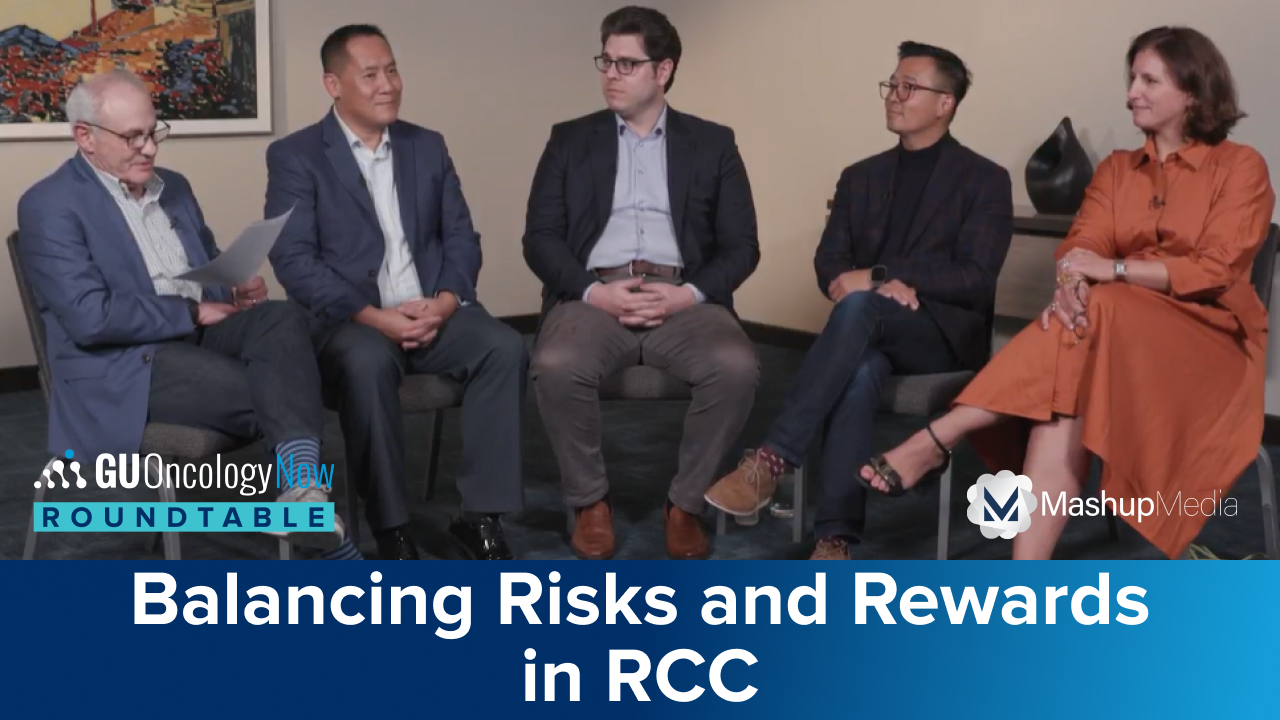

 © 2025 Mashup Media, LLC, a Formedics Property. All Rights Reserved.
© 2025 Mashup Media, LLC, a Formedics Property. All Rights Reserved.